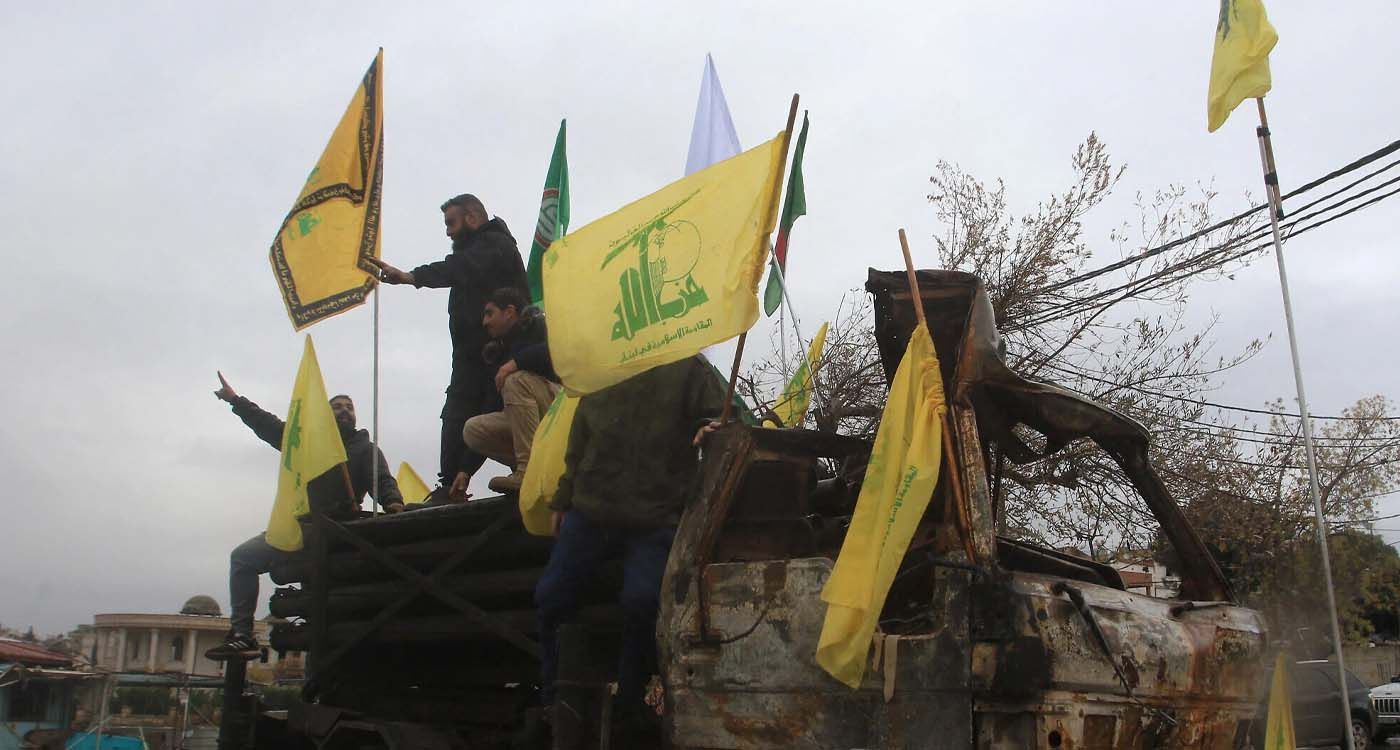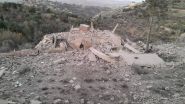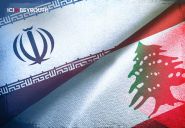
Lebanese President Joseph Aoun's statement that Beirut will not forcibly disarm Hezbollah is reverberating through Washington, sparking debates about Lebanon's political future and the role of the heavily armed militia. Aoun aims for a dialogue-driven strategy, attempting to persuade Hezbollah to relinquish its arms instead of engaging in a potentially violent confrontation. However, this approach has not come without its critics. Former Assistant Secretary of State for Near Eastern Affairs, David Schenker, voiced concerns regarding Aoun's strategy, stating that this strategy is likely "unacceptable" to the US and may hinder Lebanon's "sovereignty" efforts. Schenker's comments underline the challenges facing the Lebanese Armed Forces (LAF), which, while successfully addressing Hezbollah's weapons along Israel's border, seem hesitant to confront the militia's significant arsenal north of the Litani River.
No Disarmament, No Money
As discussions intensify regarding the disarmament of Hezbollah in Washington, analysts indicate that the ongoing debate is essential for maintaining momentum. The Trump administration, known for its maximum pressure policy, seeks to send a clear message through the visits of US officials to Lebanon: "The window of opportunity for change is closing, and stagnation is detrimental to Lebanon's interests." One source said that "the message from Washington is clear and simple: no disarmament and no reforms mean no money and investments."
Despite the criticism, sources close to the White House indicate that communication with President Aoun remains strong, suggesting continued support for his administration as it addresses these complex challenges. In this context, Hanin Ghaddar, a senior fellow at the Washington Institute for Near East Policy, told This is Beirut that "these discussions do not amount to pressure on Lebanon as much as they are pressure on Lebanese individuals within Hezbollah's orbit."
Control Lebanon
The “debate” approach reflects the urgency of the Hezbollah disarmament issue. Analysts suggest that Lebanon cannot afford to delay action on disarming militias, with shifting US interests in the Middle East increasingly focusing on Iranian, Gulf, and Israeli issues. Deputy US Special Envoy to the Middle East, Morgan Ortagus, who recently visited Beirut, underscored the necessity of asserting control across the entire country rather than merely along the Lebanese southern border.
Aram Nerguizian, a senior associate with the Center for Strategic and International Studies, articulated the complexities inherent in this situation, emphasizing that the Lebanese must strike a "delicate balance" regarding disarmament. He cautioned that a "too slow" process could risk losing internal momentum and international legitimacy. Conversely, if disarmament moves "too fast", it could provoke accusations from Hezbollah's predominantly Shia community of acting as an Israeli proxy.
Despite Hezbollah's purported openness to dialogue, Schenker cautioned that such overtures may be tactical rather than sincere. He warned that Hezbollah could be maneuvering for time to regroup following recent losses. As he asserted, the vital path to achieving Lebanon's sovereignty hinges on President Aoun and his government taking definitive steps toward disarming all militias. Political observers noted that for the US, the issue extends beyond simply disarming Hezbollah. The interests of America's regional allies, especially Israel and Gulf states, rest on curbing the militia's threat and its financial networks operating globally.
As political dynamics continue to unfold, the strategies devised in Washington could have profound implications not only for US-Lebanese relations but for Lebanon's future sovereignty and stability. The unfolding scenario presents challenges and opportunities for the Aoun administration as it navigates the rocky terrain of Hezbollah's influence and the international community's expectations.




Comments